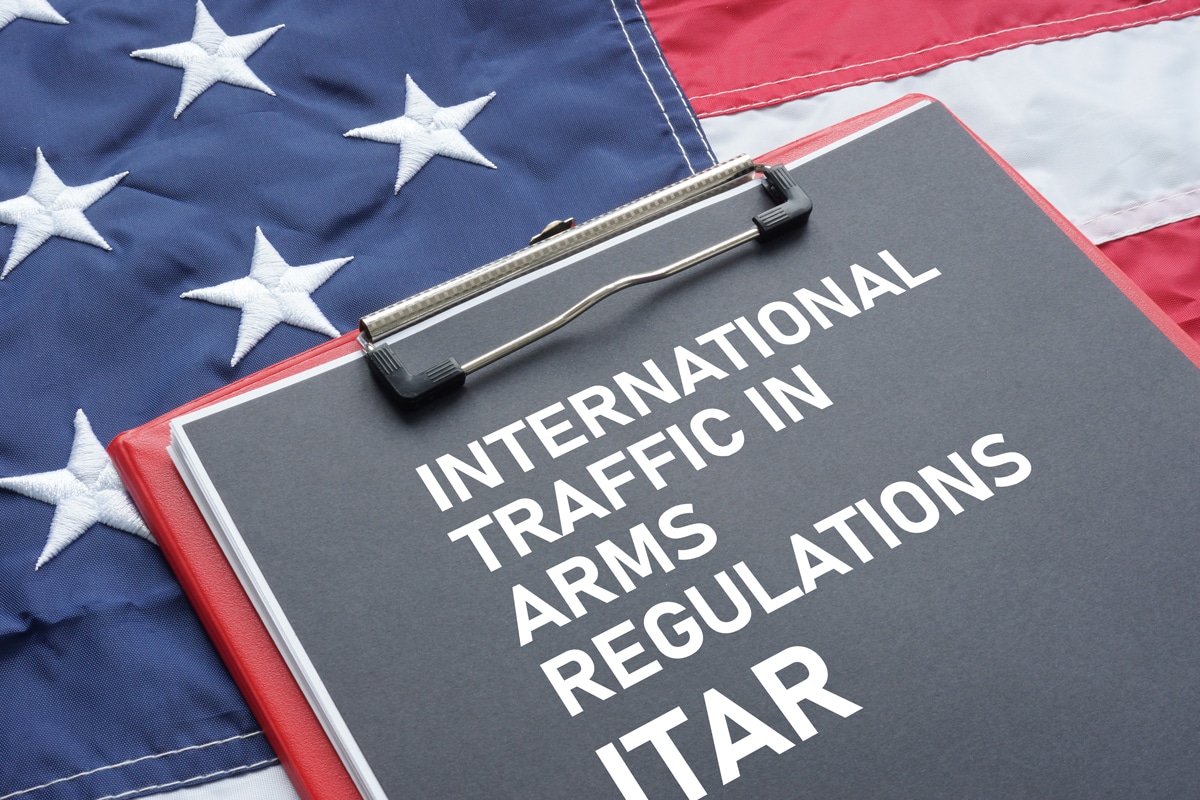In defense programs, suppliers must do more than check the compliance box. For engineers and procurement teams, the real challenge lies in verifying that defense machining partners can apply AS9100 and ITAR standards with consistency, documentation, and traceability across complex, multi-tiered supply chains.
Every nonconformance or compliance lapse has downstream consequences: rework, delayed schedules, rejected parts, or even lost contracts. That’s why choosing a partner with proven systems is just as critical as evaluating machining capabilities.
At Modern Manufacturing & Engineering (MME), compliance is not a certificate on the wall; it’s embedded in the workflows, systems, and culture that drive program assurance every day.
AS9100 in Practice: Beyond Certification
Most defense engineers are familiar with AS9100, but the real distinction is between suppliers who treat it as a certificate to display versus those who operationalize it across machining workflows.
At MME, the standard isn’t just maintained, it’s integrated into every production stage:
- Documented process flows and First Article Inspection (FAI) rigor to validate part introductions.
- Statistical process control (SPC) is used to monitor variation and ensure consistent results.
- Closed-loop corrective action systems that drive continuous improvement.
By embedding AS9100 practices into machining workflows, MME delivers the reliability and traceability that defense programs demand.

ITAR Compliance and Supply Chain Security
In defense machining, ITAR compliance ensures controlled protection of sensitive designs and parts from design transfer to final delivery. It requires rigorous safeguards that are built into every stage of manufacturing.
At MME, that means:
- Role-based access to CAD/CAM files to protect technical data.
- Restricted machining areas that prevent unauthorized exposure.
- Encrypted digital workflows for secure transfer, storage, and retention.
These safeguards ensure every step of the process aligns with ITAR requirements and reinforces supply chain integrity.
Process Rigor: Inspection, Traceability, and Documentation
In defense machining, part traceability is non-negotiable. Every component must be backed by data that proves quality and compliance. This level of documentation is essential for program assurance, defense compliance audits, and prime contractor oversight.
MME supports these requirements with:
- Lot control and traveler documentation that track each part through every operation.
- Multi-point inspection data captured electronically for customer reporting.
- Audit-ready systems designed to meet defense compliance audits and prime contractor requirements.
This rigor ensures every component from MME arrives with the documentation and assurance needed for seamless integration into defense programs.
Partner with MME for Trusted and Compliant Defense Machining Services
Even the smallest compliance gap can create costly setbacks, which is why defense contractors need partners that deliver more than machining capability. Proven systems of assurance are essential to protect program schedules, budgets, and performance.
MME offers:
- AS9100-certified processes are woven into daily operations.
- ITAR compliance across both digital and physical workflows.
- Comprehensive inspection and traceability systems that satisfy prime contractors and auditors alike.
The result: defense contractors receive components with integrity, security, reliability, and cost-effectiveness every time.

